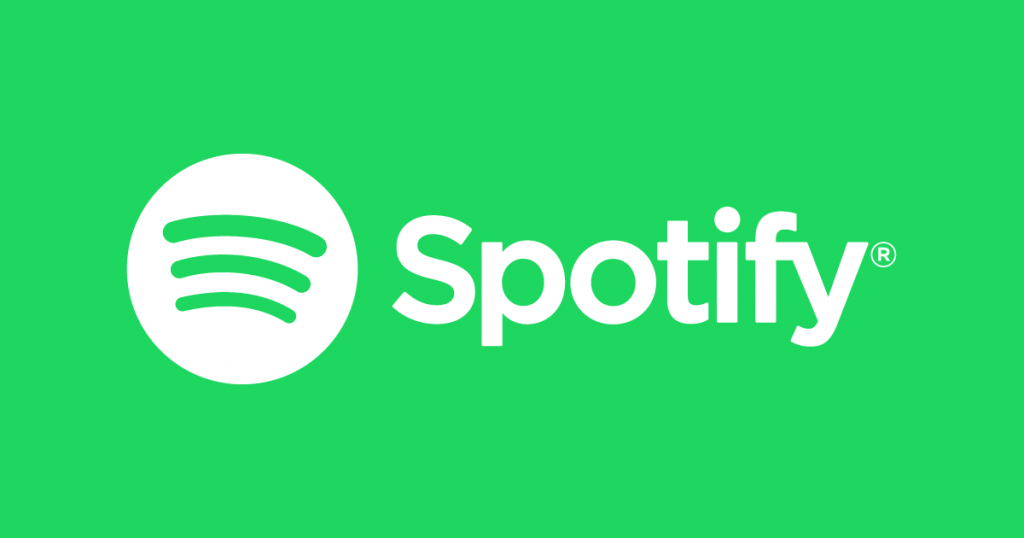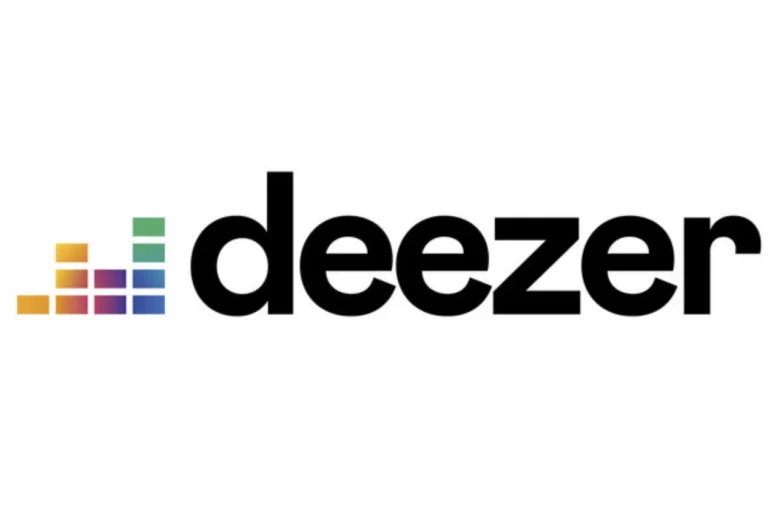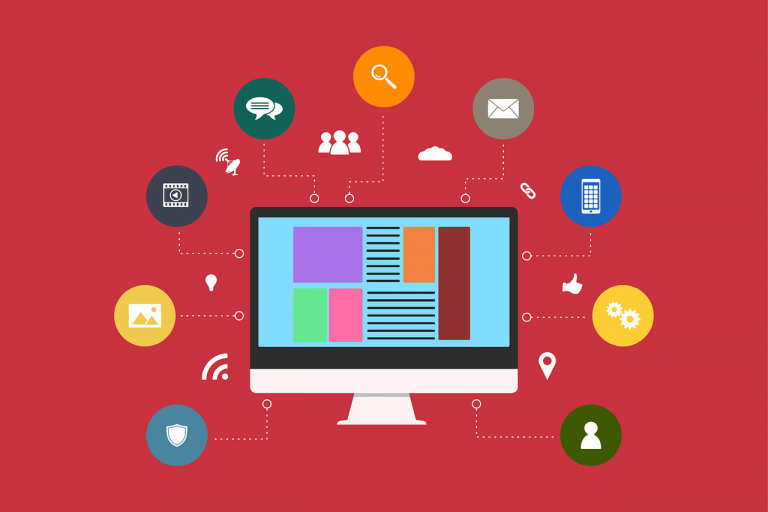Spotify has announced a bold new initiative that could reshape how artificial intelligence interacts with music. The company is partnering with Universal Music Group, Sony Music Group, Warner Music Group, Merlin, and Believe. Together, they plan to create “artist-first AI music products” built on upfront licensing agreements. This approach puts musicians’ rights at the center of the process.
License First, Then Build
For years, the music industry has debated how AI should be used. Spotify now takes a clear stance: “license first, then build.” In its blog post, the company stressed that its AI products will not replace human artistry. Instead, they will give artists new ways to connect with fans and generate revenue. Spotify also promised optional participation, allowing artists and rightsholders to decide how their work enters the system.

Industry leaders quickly voiced support. UMG’s Sir Lucian Grainge said it is “essential that we work with strategic partners such as Spotify to enable Gen AI products within a thriving commercial landscape.” Sony Music’s Rob Stringer praised the approach, calling direct licensing “the only appropriate way to build them.” Warner Music’s Robert Kyncl emphasized the need to protect and compensate rightsholders. Executives from Merlin and Believe also applauded Spotify’s respect for copyright and its commitment to empowering artists.
Building a New AI Lab
Spotify is also investing heavily in research. The company has started building a new generative AI lab shaped in consultation with artists, producers, and songwriters. Gustav Söderström, Spotify’s co-president and soon-to-be co-CEO, explained: “Our company brings deep research expertise to this opportunity and we’re actively growing our AI team and capabilities.” This focus on collaboration and transparency distinguishes Spotify from tech firms that launched AI products without proper agreements.
In conclusion, Spotify’s announcement is more than a technology update. By prioritizing licensing, compensation, and choice, the company sets a precedent for responsible AI in music. While some artists may remain skeptical, this initiative positions Spotify at the forefront of shaping how AI can support, rather than replace, human creativity.





